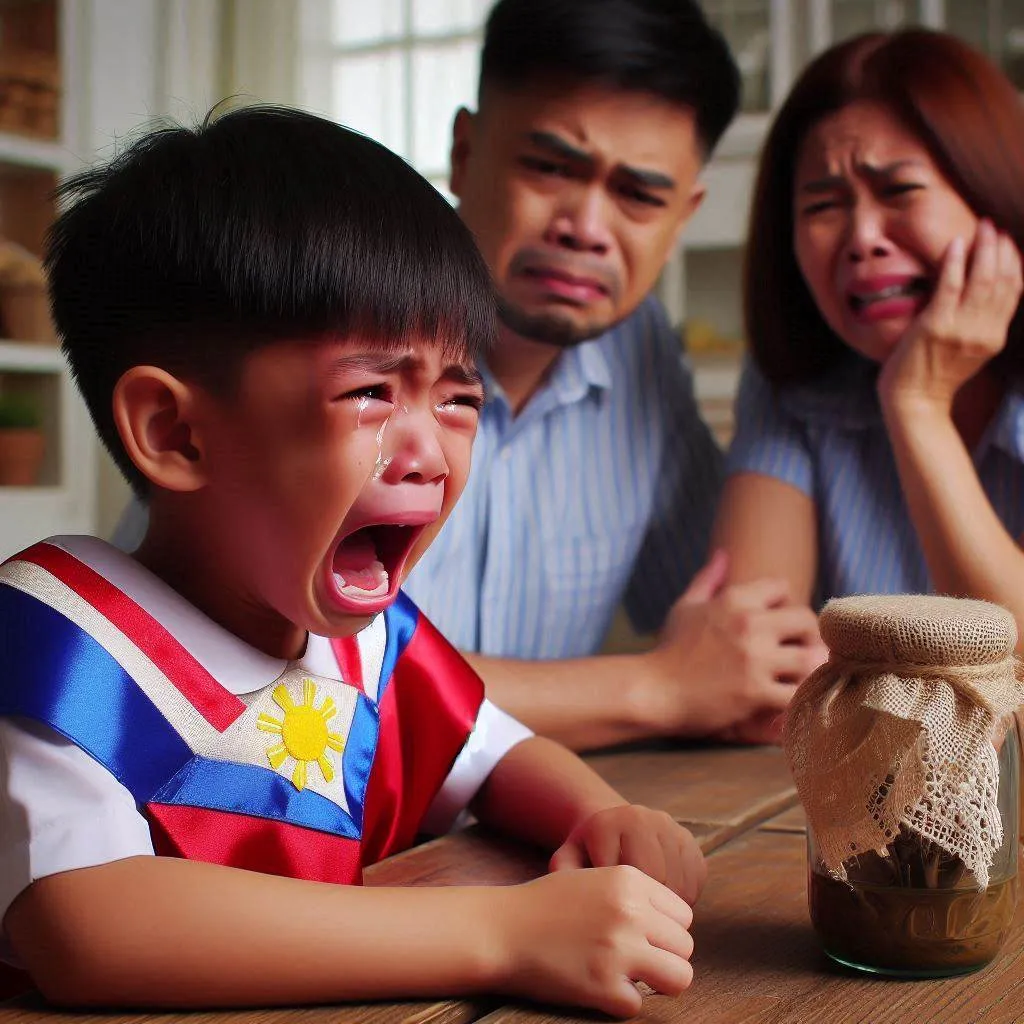
In contemporary society, the term "spoiled child" often evokes images of tantrums, entitlement, and a lack of respect for authority. But what does it really mean for a child to be spoiled? Understanding this concept requires a closer look at the underlying causes, the impact on the child, and strategies for addressing and preventing spoilage.
Defining Spoiled Children
A "spoiled" child is typically characterized by behaviors such as excessive demands, lack of gratitude, and a sense of entitlement. These children often struggle with frustration when their desires are not immediatly met and may exhibit poor social skills or difficulties with authority figures.

Causes of Spoiling
Several factors contribute to the development of spoiled behavior in children:
Parental Overindulgence: Parents who constantly fulfill their child's every request without setting boundaries may inadvertently encourage spoiled behavior. This can stem from a desire to avoid conflict or from a sense of guilt over their busy schedules.
Inconsistent Discipline: Inconsistent or absent disipline can lead to confusion and frustration for children. Without clear rules and consequences, children may test limits more frequently, leading to spoiled behaviors.
Material Excess: Excessive provision of material goods, such as toys and gadgets, can contribute to a child’s sense of entitlement. When children are given everything they want without having to work for it, they may come to expect immediat gratification.
Lack of Emotional Support: Sometimes, overindulgence is a substitute for emotional support. Parents who are emotionally distant may try to compensate by giving material possessions, inadvertently reinforcing a sense of entitlement.
Consequences of Spoiling
The effects of spoiling can be far-reaching and impact various aspects of a child's development:
Poor Social Skills: Spoiled children may struggle with forming and maintaining friendships. Their expectations for immediate gratification can lead to frustration in social situations, causing them to act out or withdraw.
Difficulty Handling Adversity: Children who are used to having their way may find it challenging to cope with setbacks or disappointments. This can impact their resiliance and ability to handle life’s inevitable challenges.
Increased Behavioral Issues: Entitled behavior often manifests as defiance, tantrums, or aggression, particularly when a child’s demands are not met.
Lack of Empathy: Spoiled children might have difficulty understanding and relating to others' feelings, as they are accustomed to prioritizing their own desires.
Addressing Spoiled Behavior
Fortunately, there are effective strategies for mitigating and correcting spoiled behavior:
Establish Clear Boundaries: Consistent rules and expectations help children understand acceptable behavior. Parents should enforce rules firmly and fairly, providing clear consequences for misbehavior.
Encourage Gratitude: Teaching children to express gratitude for what they have fosters a sense of appreciation. Simple practices, such as saying thank you and acknowledging others' kindness, can help build this trait.
Promote Responsibility: Assigning age-appropriate chores and responsibilities can help children develop a work ethic and understand the value of effort. It also reinforces the idea that rewards come through hard work.
Model Behavior: Children often mimic their parents’ behavior. Demonstratting patience, empathy, and respect in your interactions can encourage similar behavior in your child.
Provide Emotional Support: Ensure that your child’s emotional needs are met through open communication, quality time, and emotional availibility. This can reduce the likelihood of overindulgence as a substitute for affection.
Understanding and addressing spoiled behavior in children is crucial for their development into well-adjusted, empathetic adults. By setting clear boundaries, encouraging gratitude and responsibility, and providing emotional support, parents can help their children develop a balanced perspective on life and relationships. Ultimately, fostering resilience and respect can lead to healthier and more fulfilling interacions both within the family and beyond






